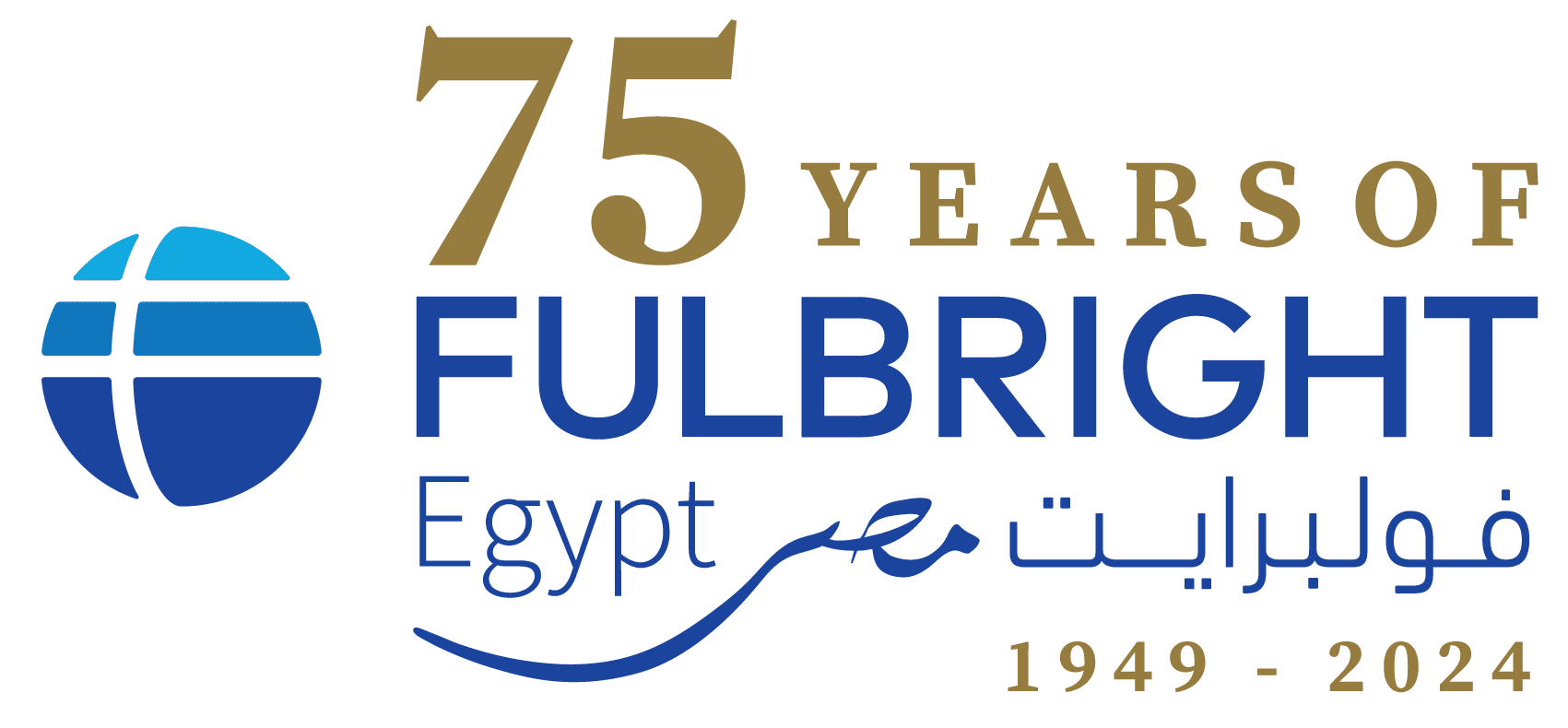Fulbright Digital Dialogue Series: Unusual Figures: Race, Empire and Unseeing the Global Middle East

On July 25, 2022 the Binational Fulbright Commission in Egypt (BFCE) hosted an episode of the Fulbright Egypt Digital Dialogue titled: Unusual Figures: Race, Empire and Unseeing the Global Middle East which featured two of its U.S. alumni Dr. Thomas Simsarian Dolan and Dr. Samer Ali who spoke on issues of identity and representation of individuals in liminal spaces. To watch the discussion, please click here: https://www.facebook.com/FulbrightEgypt/videos/429366415803262
Speaker Bio: Thomas Simsarian Dolan is specialized in the Middle Eastern diaspora. He received his Ph.D. in American Studies from George Washington University, and previously studied at Yale and NYU, where his research was supported by the Calouste Gulbenkian Global Excellence Scholarship, Institute for Middle East Studies, Dr. Philip M. Kayal Fund for Arab American Research, Bentley Historical Library Bordin-Gillette Fellowship, Loeb Institute for Religious Freedom and Armenian General Benevolent Union. Thomas has also served as a US Fulbright Scholar to Egypt, a visiting researcher at the Doha Institute for Graduate Studies and published in Mashriq & Mahjar, Huffington Post, Egypt Migrations, Muftah, Arab America, The Armenian Weekly, Armenian America, and HowlRound. A performer at heart, Thomas remains deeply engaged in the arts, and future book projects include a sonic history of MENA migrations to the Americas and a deeply historicized memoir of his family’s migrations from Diyarbakir, Cairo, and Aleppo. He is currently affiliated with the Department of Middle Eastern and South Asian Studies at Emory University as an ACLS Emerging Voices Fellow.
Discussant Bio: Samer Ali is Associate Professor of Arabic Language and Literature at University of Michigan. He is an award-winning scholar of race as it pertains to Middle East studies. He authored Arabic Literary Salons in the Islamic Middle Ages: Poets, Public Performance and the Presentation of the Past, a first in the study of Arabic-Islamic salon culture. His forthcoming article, “Orientalism and White Supremacy: Race, Gaze Training, and the Disparity of Nonwhite Voice,” examines the absence of race in Middle East scholarship and the invisibility of the Muslim in critical race studies. In program building, Dr. Ali has leveraged grants to promote equal access to opportunity in Middle Eastern/North African studies. Funding has supported international education at Free University in Berlin, University of Texas at Austin, and University of Michigan. Grant makers have included the American Institute of Maghreb Studies, The Institute for Advanced Studies in Berlin, the US Department of Education, and five Fulbright Awards for research in Germany, Kuwait, Egypt, Morocco, and Spain.



